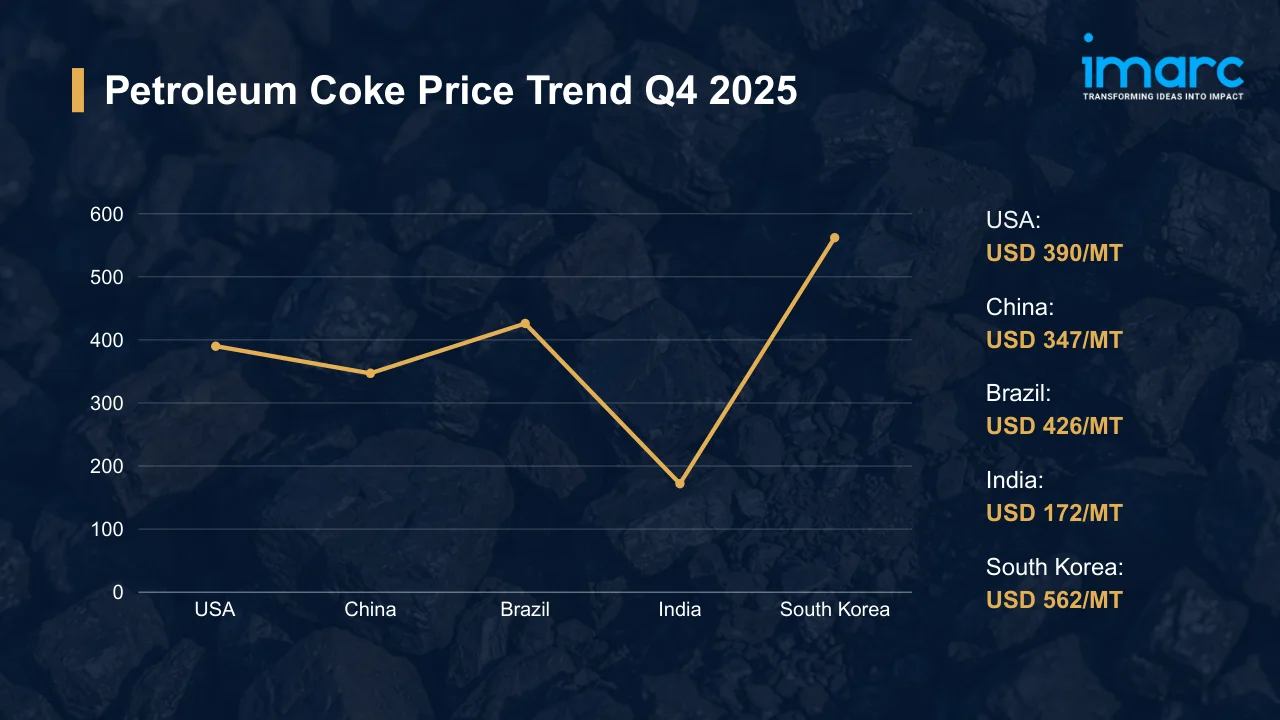Saudi Arabia Shifts Focus to Natural Gas as Part of Vision 2030 Strategy
06-Jun-2025_11zon.webp)
Jafurah Shale Gas Project to Boost Domestic Gas Supply
Saudi Arabia is poised to make significant strides in reducing its reliance on domestic crude oil by 2030. Key to this shift is the development of the Jafurah shale gas field, which is expected to greatly boost natural gas production. The largest shale gas development of its type in the world, Jafurah is forecast to assist Saudi Arabia in improving its position in the global energy sector by boosting gas production by 60%. The transformation is part of the overall Vision 2030 program, the goal of which is to reduce the country's dependence on imported energy while enhancing its oil shipments.
The Jafurah field, the production of which will start in 2025, will take center stage for the kingdom to replace as much as 350,000 barrels per day (bpd) of crude oil use for power generation by the year 2030. This shift will release oil for export, enhancing Saudi Arabia's role in global energy markets.
Economic Drivers and Technological Advancements
Saudi Arabia's transition to natural gas is based primarily on beneficial economic conditions and technological advancements. With natural gas prices lower than crude oil, the cost-effectiveness of gas-fired plants—especially high-efficiency combined-cycle units—makes gas a more attractive option for electricity generation. Gas plants can now operate at up to 60% efficiency, a sharp contrast to the 30% efficiency of crude-fired plants, resulting in a significant reduction in operational costs per kilowatt-hour.
Furthermore, the proposed investment of more than $100 billion into the Jafurah project in the next ten years will turn Saudi Arabia into the world's third-largest shale gas producer. The project is set to occur in three stages, the company taking advantage of Jafurah's strategic position close to Aramco's Uthmaniyah gas-processing plant, which will offer vital logistical support for the processing of the natural gas liquids and other byproducts.
Expanding Gas Infrastructure to Support Future Growth
As part of its broader energy strategy, Saudi Arabia is also investing heavily in the infrastructure needed to support this shift, including expanding its midstream capabilities and advancing drilling operations. The country aims to increase natural gas production to 13 billion cubic feet per day (Bcfd) by 2030, positioning itself as a leader in global energy markets.
With increasing domestic demand for oil products and a growing focus on environmental sustainability, the strategic shift to natural gas will not only reduce crude consumption but will also contribute to stabilizing global energy prices. By focusing on maximizing oil and refined product exports, Saudi Arabia is aligning its energy policies with changing market dynamics, ensuring long-term energy security and economic growth.

-(1)_11zon.webp)
_11zon.webp)




.webp)




.webp)












